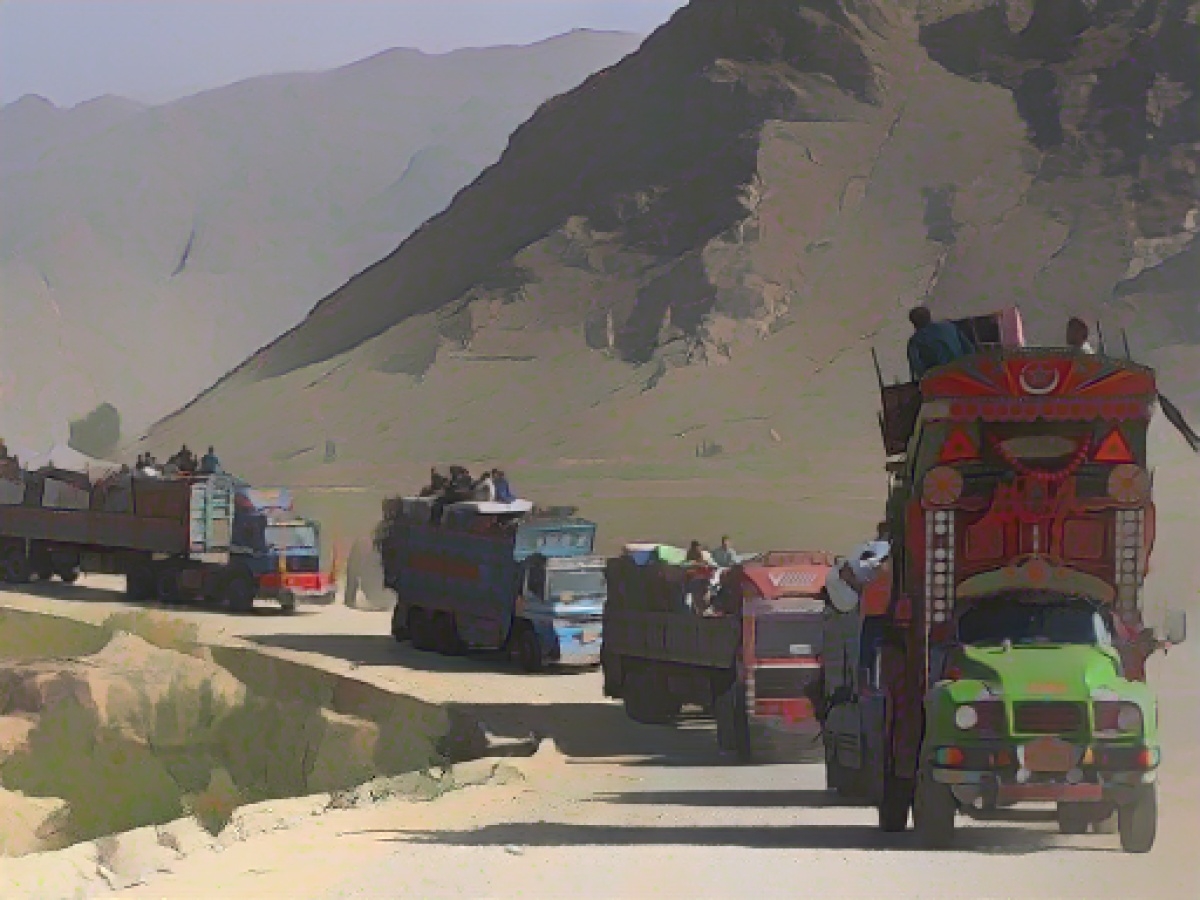Urge German Government to Swiftly Rescue Afghan Refugees in Pakistan
The Schleswig-Holstein Refugee Council and Pro Asyl urgently call upon the German government to expedite the process of taking in Afghan refugees who are particularly vulnerable and currently stuck in Pakistan. As a result of the Taliban rule and complicated visa procedures, more than 14,000 Afghans who have been granted permission to enter Germany are trapped in dangerous situations in Afghanistan, Pakistan, and Iran. Despite the German government's assurances that around 1,000 individuals would be accepted each month, only 14 people have managed to enter Germany via Pakistan due to complex procedures and security checks.
"Countless Afghans had to seek refuge in Pakistan due to Germany's and other countries' application procedures," Alema Alema, former Afghan Deputy Minister of Peace and current advisor at Pro Asyl, explains. "However, they have never felt safe there. The situation is only growing worse." The German Federal Foreign Office should act swiftly to secure their release from Pakistani detention centers. "Every day of waiting means the loss of lives," Alema warns.
As of now, over 200,000 Afghans have fled South Asia in response to the threat of mass deportations from Pakistan. The "repatriation process" is apparently progressing smoothly, Interior Minister Sarfraz Bugti told the German Press Agency on Saturday. However, the Pakistani government has recently announced its intention to deport refugees without legal status by November, primarily targeting Afghans from Taliban-ruled neighboring countries. The government is utilizing this plan to foster a favorable atmosphere ahead of the planned parliamentary elections in February.
Considering the escalating conflicts and potential risks for Afghans in Pakistan, the urgent need for resettlement in safer destinations becomes increasingly obvious. In order to expedite visa procedures for these individuals, facing mounting threats and lives at stake, Germany could look into the following options:
- Streamline the Application Process by Launching Online Portals, Pre-submitting Documents, and Establishing a Fast Track System.
- Enhance Coordination with UNHCR and Pakistani Authorities.
- Implement Temporary Waivers for Security Checks.
- Launch Public Awareness Campaigns and Establish a Dedicated Refugee Support Team at the German Embassy in Islamabad.
- Provide Technical Assistance to Applicants Facing Difficulties in Using the Online Portal.
Implementing these measures can significantly speed up visa processing for Afghans stranded in Pakistan, ensuring safe and secure resettlement amidst escalating conflicts.
Source:
Enrichment Data: While expediting the visa process, Germany could consider the following measures:
- Streamline Application Process:
- Implement digital app systems, simplifying the questionnaire process to ensure all requirements and documents are met correctly and efficiently.
- Pre-submitting Documents:
- Require digital scans of documents to assess their completeness and accuracy before scheduling appointments, allowing for quicker resolution of issues.
- Fast Track System:
- Prioritize urgent Afghan applicants in visa processing to ensure faster resolution and swift resettlement.
- Enhanced Coordination with UNHCR and Pakistani Authorities:
- Foster a collaborative approach to verifying refugee status and security clearances more efficiently.
- Temporary Waivers for Security Checks:
- Temporarily suspend or streamline security checks for critical cases facing immediate risks.
- Public Awareness Campaigns:
- Inform Afghan refugees about the new streamlined application process and the necessary documents required.
- Dedicated Refugee Support Team:
- Establish a specialized team within the German Embassy in Islamabad to handle refugee applications.
- Technical Assistance:
- Supply technical support for applicants struggling with the online portal, ensuring no one is left behind due to technical issues.
By implementing these measures, Germany can expedite the visa process for Afghan refugees, saving lives and securing safe resettlement opportunities amid escalating conflicts and potential threats.








